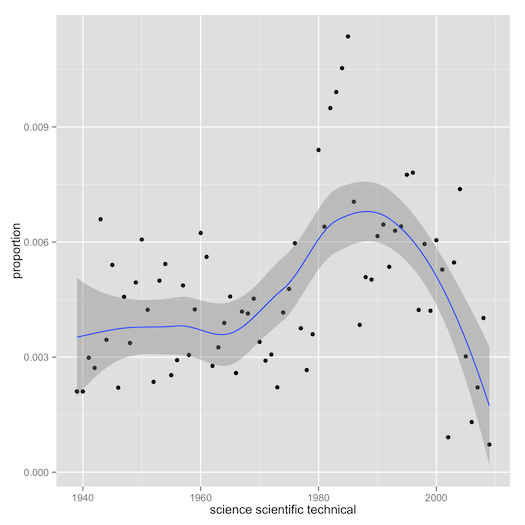science scientific technical scientists humanities sciences engineering knowledge scientist theory physics technology engineers natural data analogy human nature darwin

science scientific technical scientists humanities sciences engineering knowledge scientist theory physics technology engineers natural data analogy human nature darwin
